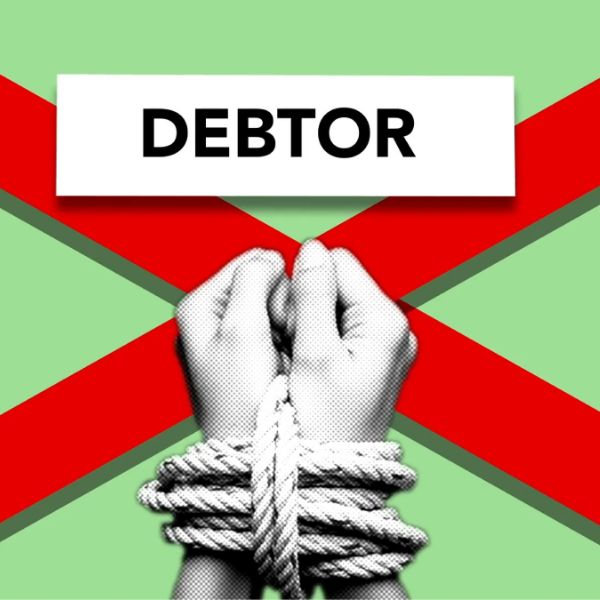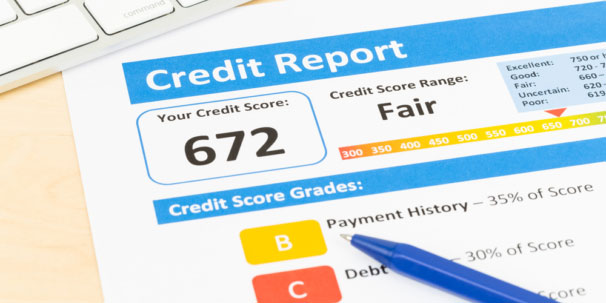
What Is a Debt Settlement Offer?
Jan 14, 2024 By Triston Martin
You can get a settlement offer if you have a sizable amount of unpaid debt with a creditor. In a debt settlement, your creditor makes a reduced offer on your debt balance.
You can also speak with your creditor and ask for a settlement, but it is possible to get an offer without even asking. Though the precise time frame varies by each creditor, this often occurs after you've missed many payments, and it has become obvious you cannot afford to pay the debt.
How to Evaluate the Offer?
There is no clear formula for what constitutes a good debt settlement offer. You should at least give their offer some thought if you're satisfied with it because it's less than what you truly owe them. A decent settlement requires you to pay between 40% and 60% of the amount. The likelihood that the creditor feels it will be able to recover the money frequently determines the settlement amount.
Negotiating A Debt Settlement Offer
In a settlement agreement, negotiating a debt reduction can help you lessen your financial load and keep you out of bankruptcy. To lower your overall debt, you bargain with your creditors when you pursue a debt settlement.
You are not required to accept a debt settlement offer you receive since you may always negotiate for a better deal. If you choose to negotiate, you must first thoroughly investigate to comprehend everything from tax consequences to collection cycles. Prepare yourself to explain your financial problems, maybe present supporting evidence, and conduct everything in writing.
To Settle or Not to Settle?

While debt settlement enables the borrower to escape from a larger debt without paying it in full, it comes with a significant drawback that most individuals are unaware that it may result in a taxable event. Debt forgiveness is frequently regarded as income. So, if a creditor forgives $600 or more, they will send you a Form 1099-C, and you must declare the settlement amount in debt forgiveness as income on your tax return.
For example, if a $10,000 debt is settled for $6,000, you'd receive a 1099-C for the remaining $4,000, which would be considered taxable income for the year. You can only get around this taxation issue by declaring bankruptcy or proving insolvency on your taxes.
Your credit may suffer if you settle your debt. A debt paid for less than the initial debt amount reported to credit agencies is equally damaging as a bankruptcy. Additionally, your credit score has probably already suffered serious harm if you've gotten to the stage where you've been offered a settlement.
Alternatives to Debt Settlement
There are other options if you don’t want to go for a debt settlement.
- Pay the Debt in Full - The ideal action is to pay off all your existing debt.
- Debt Avalanche Method - With this method, you pay a minimal amount toward each loan and apply any additional funds to the debt with the highest interest rate. Continue in this manner each month until the highest-interest loan is paid off. Once you have paid it off, repeat the process for the loan with the next-highest interest rate, adding the amount you paid toward the prior obligation to your monthly payment. Continue to follow this plan until all debt is paid off.
- Debt Snowball Method - With this method, you pay off the sum with the lowest amount first while paying the minimum payment on all other debts. Continue making the minimum payments on each debt until it is all paid off, then apply the remaining money to the next-smallest loan. Due to the fulfillment of paying off complete bills one at a time, many people find this strategy more effective.

- Debt Consolidation Loan - Consolidating credit card or loan debt into a single loan with a reduced interest rate might be beneficial if you have high-interest rates. You'll be able to put more of your money toward paying down your debt's principal balance rather than interest. Additionally, you'll just need to worry about one monthly payment.
- Credit Counseling - Another choice is to engage a certified credit counselor to develop a DMP, or debt management plan. A credit counselor will work with you and your creditors to develop an appropriate payment plan as part of a DMP. A DMP enables the credit counseling company to make debt payments on your behalf while also assisting you in organizing your finances. While some first-credit counseling sessions could be provided without charge, a DMP has a cost.
- File for Bankruptcy - You could think about declaring bankruptcy if your debt burden is too great for you to repay. A large amount of debt is eliminated via Chapter 7. A Chapter 13 bankruptcy imposes a court-ordered payment schedule. Debt settlement may be effective for some individuals, but in the end, it all comes down to your financial condition. You are at the whim of the creditor, which is the main issue with debt settlement. It isn't much you can do if they reject your offer.
Final Thoughts
Receiving a settlement offer for a debt you can't pay off can be a terrific opportunity to settle old accounts. Avoid being reluctant to speak with a creditor. Furthermore, there is no need to convince the creditor to agree because they have already made that choice.
-
 Banking Feb 16, 2024
Banking Feb 16, 2024Expect a Wait Time of Two to Three Weeks for New Cards
Transferring credit card debt might take a few days to six weeks. The length of time you should anticipate waiting for a balance transfer on a credit card will vary according to the card issuers you are dealing with, as well as whether or not you are acquiring a new card or transferring debt to an existing account
-
 Banking Feb 04, 2024
Banking Feb 04, 2024Mastering Your Taxes: Understanding the Head of Household Filing Status
Discover the benefits, eligibility criteria, and step-by-step process necessary for filing taxes as Head of Household to maximize tax savings.
-
 Banking Feb 05, 2024
Banking Feb 05, 2024How Often Do Your Credit Score and Credit Report Update?
The data in your credit reports forms the basis for your credit ratings. Furthermore, both your credit reports and scores might evolve over time. Credit ratings are not static and will fluctuate as a result of your spending and saving habits. How frequently do they alter? The quick response is: Depends. Discover when your credit ratings could alter by reading on.
-
 Banking Jan 21, 2024
Banking Jan 21, 2024How an Auto Loan Grace Period Can Save You From Late Fees?
Learn about Auto loan grace periods and how to use them wisely. Get all the information you need to stay on top of your car loan payments.